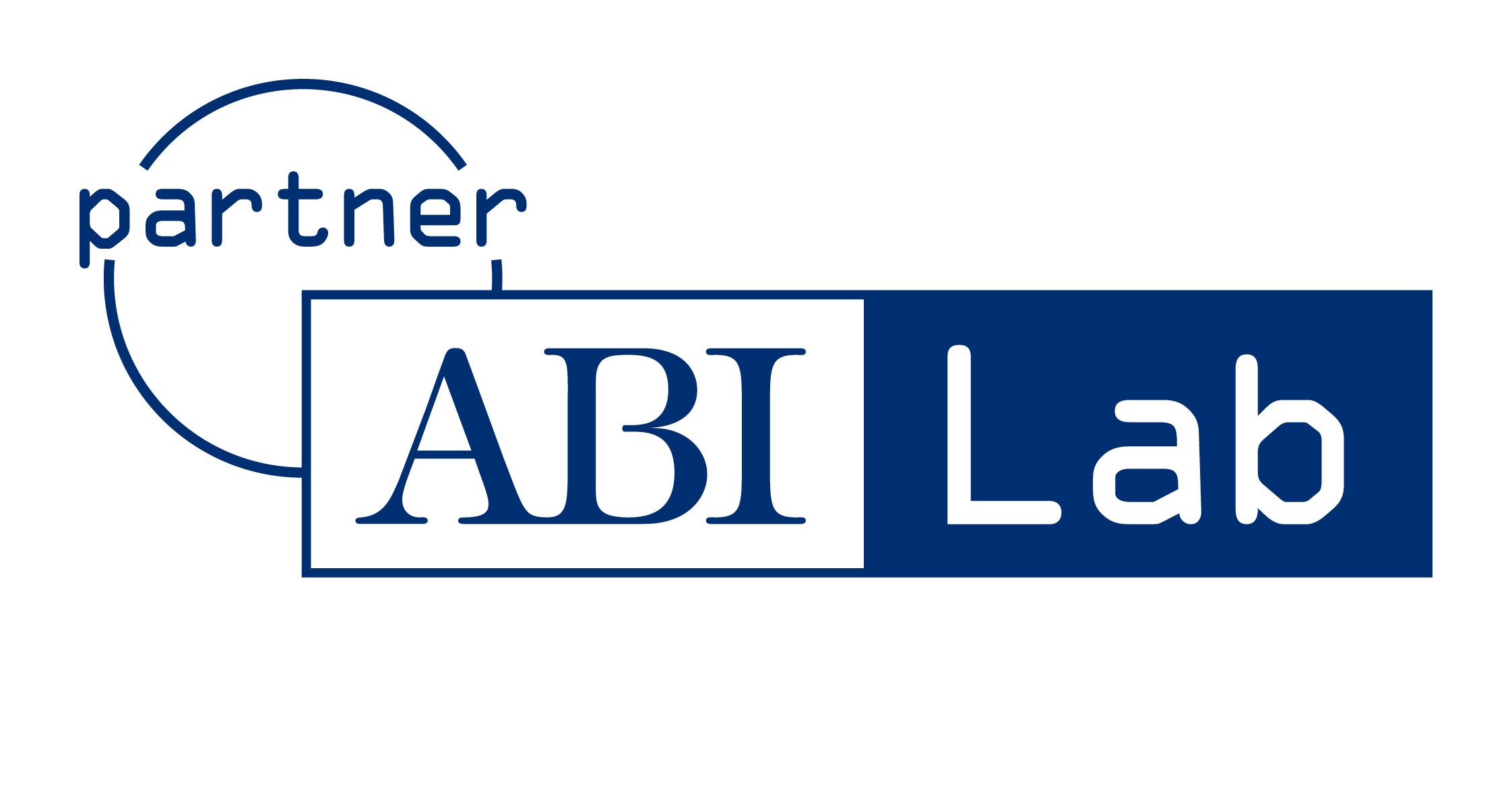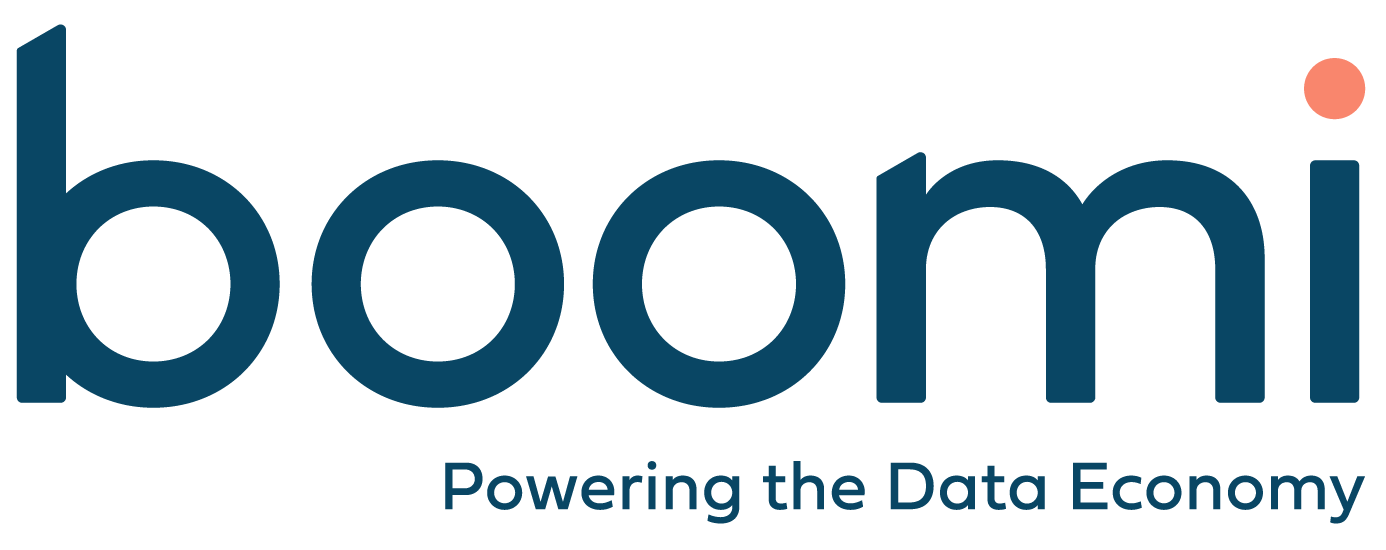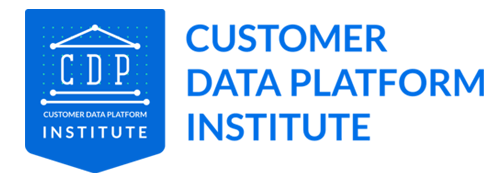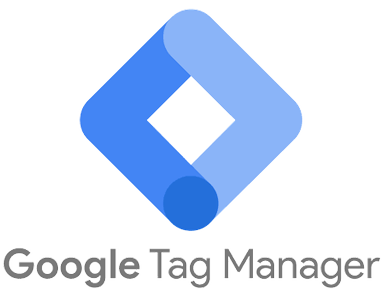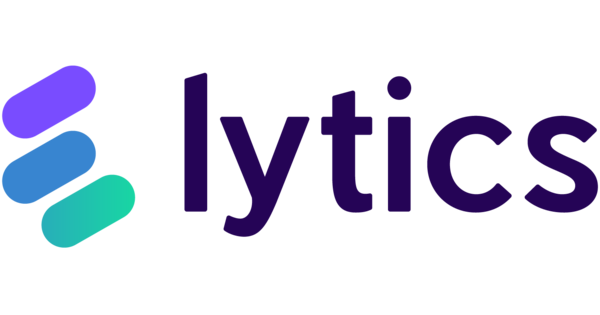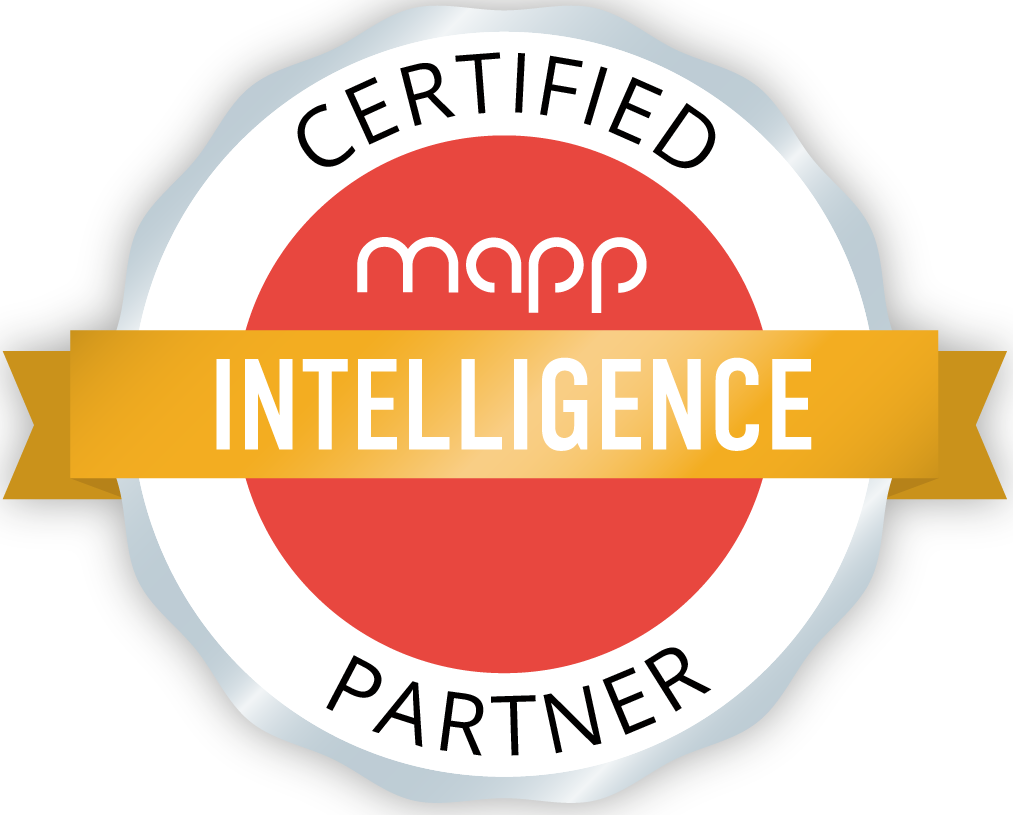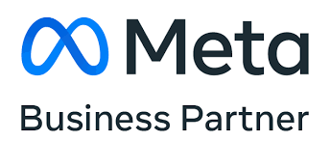Companies have been working for months now to prepare for the shutdown of GA UA.
Numerous companies have set up GA4, while others have opted for a different Digital Analytics tracker. For those most accustomed to a strategic approach, this has been an opportunity to reconsider their entire digital tracking system and the management of digital tracking data. Consequently, more companies have multiple digital tracking platforms active on their properties than ever before.
A lot of companies that previously used Universal Analytics still maintain its active status today to cross-check results, access historical data, support integrations, and ensure continuity. However, time is of the essence, and this represents companies’ final opportunity to preserve their GA UA data. On July 1, 2024, GA’s UA data will no longer be accessible.
Why Save Digital Analytics Data?
Digital Analytics Data are key to monitoring a business’ health, but they are no longer self-contained. Does this mean that it no longer makes sense to analyze Digital Analytics Data on their own? As a matter of fact, Digital Analytics Data offer more value and insights when they are integrated with other tracking systems and datasets. Businesses that are striving to maintain a competitive edge can no longer afford to keep Digital Analytics Data isolated and disconnected from other business data, such as product catalogues or CRM information.
Today, Digital Data ownership forms the cornerstone of strategic thinking about data analytics and digital marketing.
Companies need to carefully consider which data are pertinent to their present and potential future needs, ensuring that they are stored and accessible on their chosen data cloud platform — independently from any third-party tools.
How can Companies Secure Their GA’s Univeral Analytics Data?
Big Query Automatic Data Ingestion
Google offers companies a highly convenient tool for automatically transferring GA’s UA data to BigQuery. This tool has been active for 360 users since the announcement of the GA UA shutdown, with most companies having already launched it.
This tool’s limitation is that upon launch, it only imports the last 13 months of data, or less if the row count is particularly high. It is also expected to stop importing Google Ads data by March 2024.
Google Analytics API
Using Google Analytics API offers companies maximum flexibility in selecting the data to export, its timeframe, granularity, and custom dimensions. However, unlike BigQuery automation, this approach has limitations regarding the dimensions and metrics that can be managed, potentially preventing everything from being exported at once. Multiple exports and a longer timeframe may be required for the export process, but the final dataset will be ready to be saved and integrated into any data platform.
Sheet extensions and reports download
For smaller businesses needing to save to their database only high-level data or only specific reports about a limited timeframe, sheet extensions and reports download offer a quick solution with a level of adaptability. This does not help in the direction of guaranteeing long-term data ownership and value-making, as data will remain siloed and its impact extremely limited.
BitBang’s Support
BitBang’s specialists have already supported numerous companies with transitioning their tracking systems from GA UA to their preferred tools. They have also facilitated the transfer of GA’s UA data to their data cloud platform and integrated it with other datasets by creating custom data models.
This allows companies to maximize the potential of their Digital Analytics Data and unlock valuable analyses. For example, it permits companies to consider specific variables such as product types, when analyzing digital behaviors
Our teams of Data Engineers and Digital Analysts are prepared to assist your company in developing a customized data architecture that meets your business’ specific needs. This includes setting up pipelines to keep the data running and clean, establishing data dictionaries for conceptual clarity, implementing shared KPI frameworks to ensure consistent and official KPI definitions, developing visual dashboards, conducting data quality monitoring, and addressing all that caveats that are specific to managing Digital Analytics Data.


